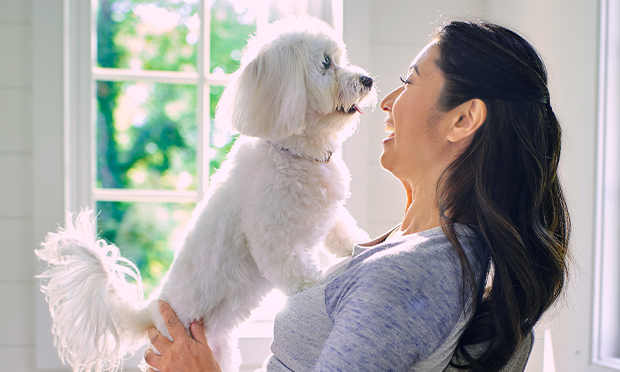Bird flu vaccine order a necessary step, says AVC expert
Stull emphasized that while the risk of H5N1 spreading to humans remains very low, proactive measures like securing vaccines are essential for those at higher risk of exposure
Canada’s decision to purchase 500,000 doses of the H5N1 vaccine is a crucial step in preparedness, according to Dr. Jason Stull, chief of infection control at the Atlantic Veterinary College (AVC) at the University of Prince Edward Island.
“This is a great step, and it speaks to preparedness,” Stull said in conversation with CBC News. “We’re taking this seriously, we’re doing what we need to do so that we’re in the best position should this virus change in a way that impacts us greater… that we can absolutely respond to it. So I think that that’s the right next step to do.”
Stull emphasized that while the risk of H5N1 spreading to humans remains very low, proactive measures like securing vaccines are essential for those at higher risk of exposure, such as veterinarians and others who work closely with infected animals.
The Public Health Agency of Canada recently announced that it had secured doses of the Arepanrix H5N1 vaccine from pharmaceutical company GSK. Sixty per cent of the doses will be distributed to provinces and territories in the coming weeks, with the remainder stockpiled for national preparedness.
According to Stull, ensuring preparedness now could be key to mitigating future risks. “We need to be ready for any potential changes in the virus that could impact us more significantly,” he said.


